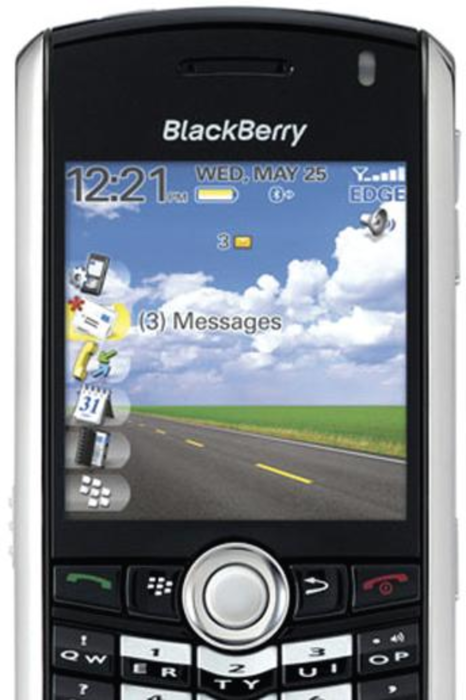In preparation for the US transition to digital-only TV broadcasts on February 17, 2009, the US Federal Communications Commission held an auction last month for the 700-megahertz band licenses that will become available. This spectrum is considered especially valuable for its ability to transmit through walls and achieve faster download speeds – technology that is expected to advance the size of the market.
The results — Verizon Communications Inc. and Vodafone Group plc spent $9.4 billion, and AT&T$6.64 billion, on licenses — may prove to be an additional boost for mobile marketing.
“The auction raised $19.6 billion, advanced new wireless open platform policies and created opportunities for new entrants and small businesses both nationwide and in rural markets,” FCC chairman Kevin Martin said in a statement.
Martin elaborated on the growth potential of the mobile market during a speech at the CTIA Wireless conference held in Las Vegas at the beginning of this month. He said the auction has the potential to transform broadband by “injecting much-needed competition, fostering innovation and taking broadband mobile.”
Laura Marriott, president of the Mobile Marketing Association, was also optimistic about the growth in the sector.
“The mobile industry has been somewhat unaffected thus far by the economic slowdown and we are seeing growth in all sectors,” she says.
One device behind the significant uptake is Apple’s iPhone, which is serviced by the AT&T network. Since its release, about two million iPhones have been activated on AT&T’s network. However, AT&T, which after auction now boasts full coverage in the top 200 US markets, has announced plans to use the 700-megahertz spectrum to make its existing broadband services faster and cheaper and, in the future, offer streaming high-definition video and other broadband services. Neither AT&T or Apple responded in time for press inquiries.
Verizon Wireless, which also didn’t respond in time, has announced similar plans for its winnings. It bought almost all of the auctioned C-Block spectrum, a portion of the 700 MHz spectrum that has an open platform. As a result, Verizon Wireless has committed to opening its entire network to devices and applications of consumers’ own choosing. Other providers — including T-Mobile and Sprint, through their participation in the Open Handset Alliance, and AT&T— have also gone on record supporting openness in devices and applications.
On openness in the marketplace, Marriott says the MMA supports “encouraging ease of market entry for brands and agencies – and better access for consumers. Open-source mobile applications will help to facilitate both of these.”
One of the most vocal proponents of open platform requirements is Google. Though it took no licenses home, the company bid strategically to raise costs in the C-Block auctions to “reach the $4.6 billion reserve price that would trigger the important ‘open applications’ and ‘open handsets’ license conditions,” the company explained in a blog post.
A company spokesman, who declined to be named, says that mobile was a “strategic priority” for Google, referring to products such as Google Maps for mobile, Google SMS and GOOG-411. “The mobile ad space is nascent, and we are currently working to figure out the best ad formats for our advertisers and users,” he says.
It appears the recent auction is just one of the latest steps to bolster wireless coverage. Google will join Microsoft and others in the Wireless Innovation Alliance on April 15 to lobby for permission for wireless electronics to use “whitespaces” or the vacant spectrum space between television channels in order to provide more complete wireless coverage.








